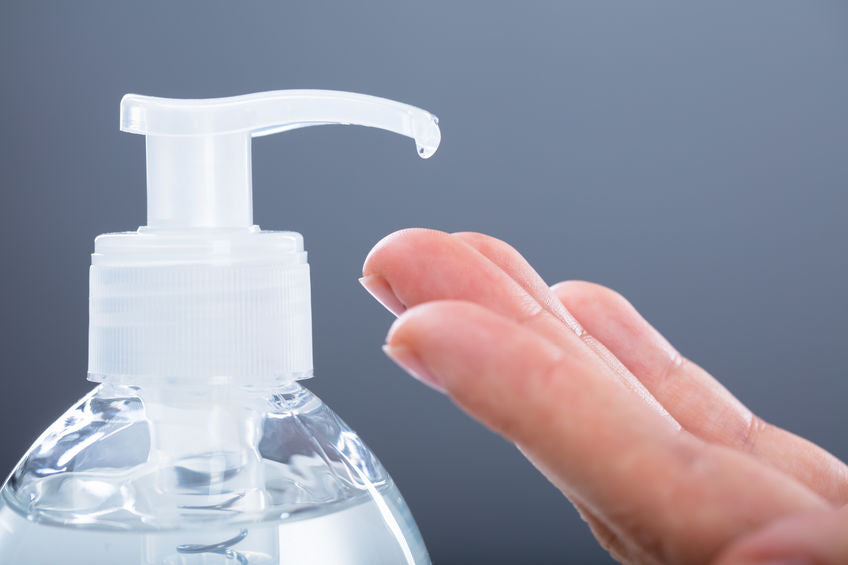Sanitizers and disinfectants serve two very different purposes. Unfortunately, they’re often confused or used interchangeably.
- Sanitizers reduce bacteria, with alcohol-based sanitizers being the most effective on coronavirus.
- Disinfectants kill bacteria and are stronger than sanitizers, used to eliminate a wider number of microorganisms.
- Cleaners, comparatively, are designed to remove dirt, soils, and impurities. They don’t necessarily kill any bacteria, although soap and water has been found to be effective killing COVID-19.
You also have products that act as a disinfectant sanitizer combination. They do both jobs, commonly used in some hand-based gels and to tidy surfaces for food preparation.
Sanitizers and disinfectants are both heavily regulated, ensuring they meet the criteria to call themselves by such a term. By law, any product labelled as either a ‘sanitizer’ or ‘disinfectant’ must be certified.
The sometimes-unfortunate thing about disinfectants is that they can be designed to work combating specific germs. A disinfectant or sanitizer a la an alcohol-based hand rub isn’t guaranteed to kill all bacteria.
In general, a good rule to remember is that sanitizers target bacteria and disinfectants are also effective against viruses, mildew, mold, and fungi. Fortunately, with the coronavirus, both are extremely effective at killing it. A person can use soap and water to wash their hands, and this works as well.
Disinfectants can also take more time to kill bacteria and germs. There are some that require waiting five minutes and then, others like the Hydrapure Disinfectant Hand Sanitizer with 70% alcohol takes 30 seconds to do the job. Always look at the label to confirm the length of time required to achieve the desired action.
Sanitizers are often used in food service environments. They’re much safer here than standard disinfectants. That said, there are ‘food contact sanitizers’ and regular sanitizers. It’s a specific sanitizer to look for, if you’re using them on food prep surfaces and in similar areas. IC-GEL, Antiseptic Skin Gel (Hand Sanitizer), for example, is designed more as a portable hand rub.
If you’re looking to greatly minimize the risk of catching and transmitting COVID-19, here are 3 simple ways to do so involving how to use sanitizers, disinfectants, and cleaners.
- Wash hands thoroughly with soap and water, when reasonably possible.
- Carry on your person an alcohol-based hand sanitizer and use it often, especially when in public.
- Disinfectants can be used to clean surfaces such as door knobs, light switches, and problematic areas where there’s a high likelihood the coronavirus can catch.
It’s that easy. COVID-19 is very contagious but it’s also very easy to kill with the right products. Lierre.ca is your home for hand sanitizers, disinfectants, and other COVID-19 medical-grade cleaning supplies. Both sanitizers and disinfectants evidently have a place in protecting against coronavirus. Stop by and pick up yours today.


